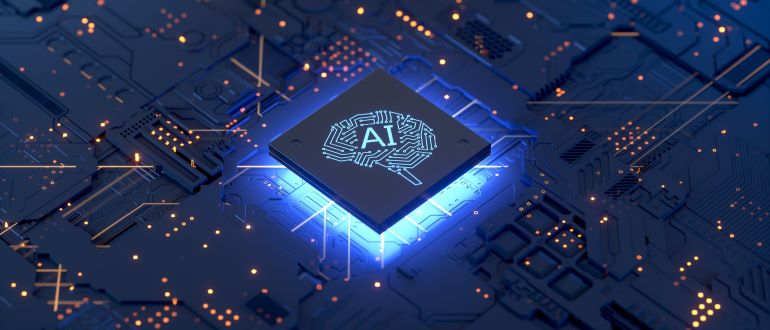
Rocket Software is leveraging investments in artificial intelligence (AI) to add a raft of capabilities that span everything from identifying mainframe performance issues to both writing BASIC code and understanding how it is constructed.
Specifically, Rocket TMON makes use of AI, machine learning algorithms and advanced analytics to make it simpler to reach key performance indicators (KPIs) to more proactively identify anomalies and other potential mainframe performance issues.
At the same time, a Rocket MultiValue Developer Assistant for the MV Basic tool for the Visual Studio integrated development environment both autocompletes code and surfaces explanations of how BASIC code is constructed in natural language. There is also now a Rocket Uniface Developer Assistant to similarly generate and explain ProcScript code running on embedded systems that was developed using a simpler version of the PHP programming language. That same tool can also help developers navigate documentation for Uniface, a low-code tool for building applications that is provided by Rocket Software.
A Rocket Rapid Data Recovery has also been added to provide a single point in time data recovery capability, while Rocket EDX streamlines document management and search using a natural language tool that supports both text and voice inputs.
Finally, a Rocket Zena tool has been added to enable non-technical users to automate processes without requiring any assistance from the IT staff.
Phil Buckellew, president of the Infrastructure Modernization Business Unit at Rocket Software, said that collectively, the goal is to make life easier for both application developers and infrastructure teams at a time when there continues to be a general shortage of IT professionals with the skills required to manage hybrid IT environments. There is a clear pressing need to lower the overall skill level threshold required to build software and manage complex IT environments at a time when many organizations need to be able to get more done with fewer resources, he added.
It’s not clear how rapidly IT teams are adopting AI technologies. Many already make use of machine learning algorithms with predictive analytics applications, but it’s still early days so far as applying generative AI technologies to IT operations is concerned. Nevertheless, it’s already apparent that many manual tasks that make managing IT environments tedious can be automated using generative AI tools. In fact, at the very least, IT teams should be identifying now the various tasks that lend themselves better to being performed by a machine rather than the IT staff.
Ultimately, rather than replacing IT professionals, AI in time is much more likely to reduce the level of burnout currently being experienced by IT teams. Additionally, the number of tasks that require a highly specialized set of skills should also be reduced as, for example, it becomes simpler to refactor code in a way that helps reduce the total cost of IT.
There may even come a day soon when most IT professionals are no longer going to want to perform a wider range of monotonous tasks that could be more easily assigned to AI agents that are simply standing by until someone tells them what to do next.

